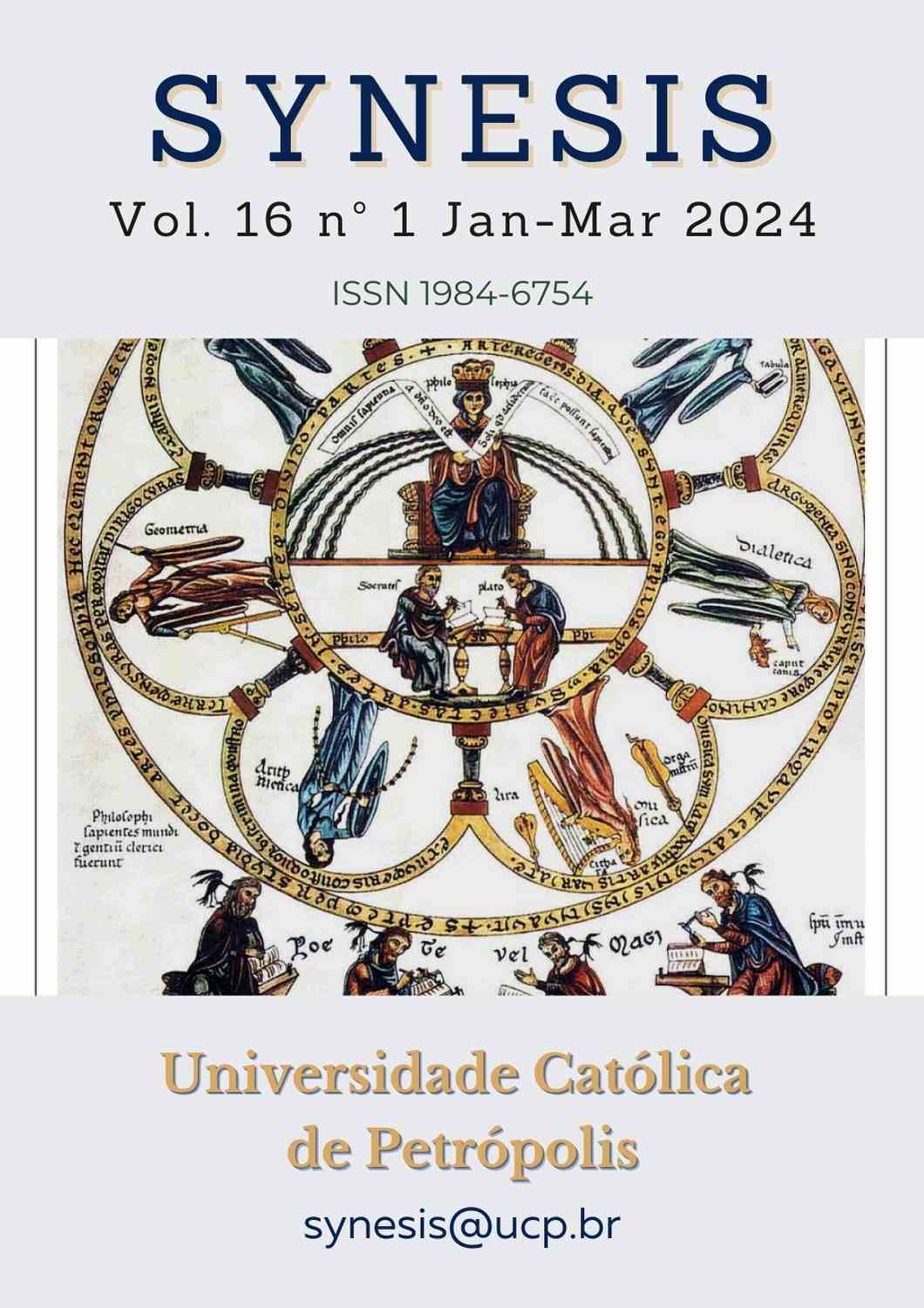Resumo
Seria tedioso e ineficaz para os alunos tentarem aprender com um professor que constantemente despeja conhecimento em suas mentes enquanto estão em aula. Os alunos estão cheios de desafios como resultado do uso da tecnologia, principalmente da inteligência artificial. A incorporação da tecnologia é crucial para envolver os estudantes modernos, uma vez que os métodos tradicionais de ensino já não são eficazes. Portanto, os professores devem utilizar técnicas inovadoras para superar os desafios da integração da IA na sala de aula. Nos últimos anos, tem havido uma inclinação crescente para a utilização de tecnologias e metodologias modernas para melhorar a experiência geral de aprendizagem. Exemplos de tais tecnologias incluem sistemas de gestão de aprendizagem, aprendizagem assistida por vídeo e realidade virtual, que podem ajudar a melhorar o envolvimento dos alunos e o planeamento educacional. Hoje, evoluiu para usar sistemas computacionais embarcados e outras tecnologias, como robôs com características humanas que utilizam chatbots online para realizar as tarefas dos instrutores. responsabilidades e ações autônomas ou em colaboração com instrutores. O objetivo deste artigo é explorar o impacto positivo da inteligência artificial (IA) na educação. A aplicação da IA na educação (AIED) proporciona novas oportunidades, desafios e possibilidades para práticas educativas. O objetivo deste estudo é investigar a influência da IA no processo educacional de alunas da oitava série com idades entre 13 e 14 anos e identificar estratégias para superar as desvantagens do uso da tecnologia.
Referências
Ahmad, S. F., Rahmat, M. K., Mubarik, M. S., Alam, M. M., & Hyder, S. I. (2021). Artificial intelligence and its role in education. Sustainability, 13(22), 12902.
Baidoo-Anu, D., & Ansah, L. O. (2023). Education in the era of generative artificial intelligence (AI): Understanding the potential benefits of ChatGPT in promoting teaching and learning. Journal of AI, 7(1), 52-62.
Chassignol, M., Khoroshavin, A., Klimova, A., & Bilyatdinova, A. (2018). Artificial Intelligence trends in education: a narrative overview. Procedia Computer Science, 136, 16-24.
Chen, L., Chen, P., & Lin, Z. (2020). Artificial intelligence in education: A review. Ieee Access, 8, 75264-75278.
Chen, X., Zou, D., Xie, H., Cheng, G., & Liu, C. (2022). Two decades of artificial intelligence in education. Educational Technology & Society, 25(1), 28-47.
Crisp, E., & Hardman, P. (2023). Optimizing feedback for learner motivation and mastery: Design standards and the role of technology. New Directions for Teaching and Learning, 2023(173), 55-65.
De Casterlé, B. D., Gastmans, C., Bryon, E., & Denier, Y. (2012). QUAGOL: A guide for qualitative data analysis. International journal of nursing studies, 49(3), 360-371.
Fidel, R. (1984). The case study method: A case study. Library and Information Science Research, 6(3), 273-288.
Flogie, A., & Aberšek, B. (2022). Artificial intelligence in education. Active Learning-Theory and Practice.
Graesser, A. C., Chipman, P., Haynes, B. C., & Olney, A. (2005). AutoTutor: An intelligent tutoring system with mixed-initiative dialogue. IEEE Transactions on Education, 48(4), 612-618.
Kengam, J. (2020). Artificial intelligence in education. Research Gate, 18, 1-4.
Köprülü, F. (2021). The Effect of Using Technology Supported Material in Teaching English to First-Year Primary School Children: On Their Academic Success During COVID-19. Frontiers in Psychology, 12, 756295.
Khanzode, K. C. A., & Sarode, R. D. (2020). Advantages and disadvantages of artificial intelligence and machine learning: A literature review. International Journal of Library & Information Science (IJLIS), 9(1), 3.
Nalbant, K. G. (2021). The importance of artificial intelligence in education: a short review. Journal of Review in science and engineering, 2021, 1-15.
Özdemir, M. (2010). Nitel veri analizi: Sosyal bilimlerde yöntembilim sorunsalı üzerine bir çalışma. Eskişehir Osmangazi üniversitesi sosyal bilimler dergisi, 11(1), 323-343.
Renz, A., Krishnaraja, S., & Gronau, E. (2020). Demystification of Artificial Intelligence in Education–How much AI is really in the Educational Technology? International Journal of Learning Analytics and Artificial Intelligence for Education (iJAI), 2(1), 14.
Roll, I., & Wylie, R. (2016). Evolution and revolution in artificial intelligence in education. International Journal of Artificial Intelligence in Education, 26, 582-599.
Smutny, P., & Schreiberova, P. (2020). Chatbots for learning: A review of educational chatbots for the Facebook Messenger. Computers & Education, 151, 103862.
Sofaer, S. (1999). Qualitative methods: what are they and why use them? Health services research, 34(5 Pt 2), 1101.
Thanh, N. C., & Thanh, T. T. (2015). The interconnection between interpretivist paradigm and qualitative methods in education. American journal of educational science, 1(2), 24-27.
Umer Sultan, C. (2023). Benefits of Artificial Intelligence in Education. Available at SSRN 4546499.

Este trabalho está licenciado sob uma licença Creative Commons Attribution-NonCommercial-NoDerivatives 4.0 International License.
Copyright (c) 2023 Synesis (ISSN 1984-6754)

